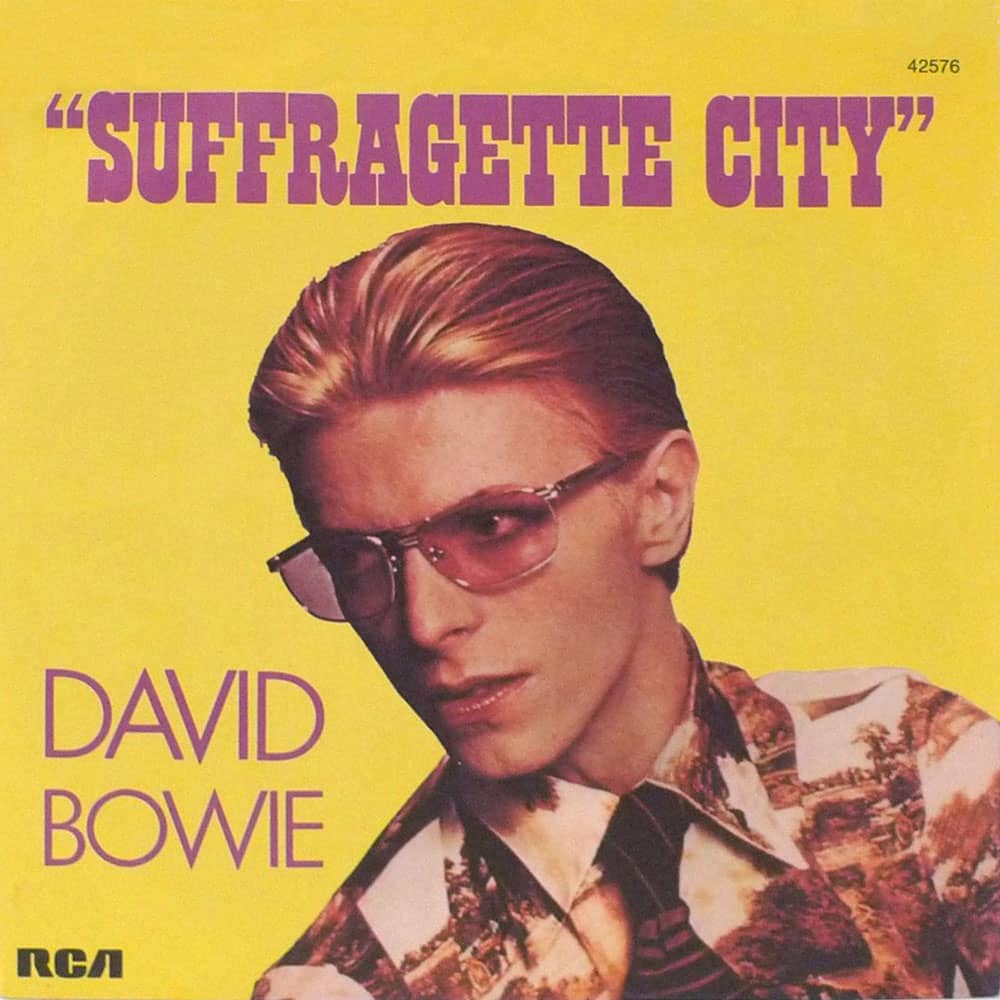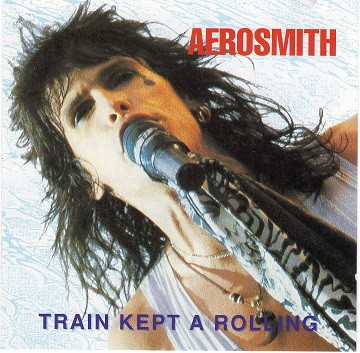 There are songs that become an artist’s signature, and then there are songs that transcend the artist entirely, embedding themselves into the DNA of rock history. For Peter Frampton, the track that accomplished this feat was not a neatly packaged radio single or a carefully crafted studio cut—it was a sprawling, improvisational live performance captured on tape. “Do You Feel Like We Do,” the epic closer from Frampton Comes Alive! (1976), transformed Frampton from a talented but relatively overlooked guitarist into a bona fide superstar. The song’s infectious groove, its seemingly endless instrumental sections, and most of all its pioneering use of the talkbox, made it one of the definitive live rock anthems of the 1970s.
There are songs that become an artist’s signature, and then there are songs that transcend the artist entirely, embedding themselves into the DNA of rock history. For Peter Frampton, the track that accomplished this feat was not a neatly packaged radio single or a carefully crafted studio cut—it was a sprawling, improvisational live performance captured on tape. “Do You Feel Like We Do,” the epic closer from Frampton Comes Alive! (1976), transformed Frampton from a talented but relatively overlooked guitarist into a bona fide superstar. The song’s infectious groove, its seemingly endless instrumental sections, and most of all its pioneering use of the talkbox, made it one of the definitive live rock anthems of the 1970s.
To understand the power of “Do You Feel Like We Do,” one must appreciate not only its sound, but also the moment in time it arrived, the way it captured the magic of live performance, and how it elevated Frampton’s artistry from hidden gem to household name.
From Humble Studio Cut to Live Revelation
Originally appearing on Frampton’s 1973 studio album Frampton’s Camel, “Do You Feel Like We Do” was not destined to become a smash hit in its early incarnation. The studio version clocked in at around 6 minutes—still long for a rock track, but nowhere near the legendary 14-minute-plus performance it would become. In the studio, the song was a clever piece of bluesy rock, carried by Frampton’s melodic guitar work and catchy chorus, but it didn’t stand out among the wave of guitar-driven tracks flooding the market in the early ’70s.
What changed everything was the stage. Frampton, a seasoned performer who had cut his teeth with Humble Pie and as a session guitarist, understood the alchemy of live music. He stretched “Do You Feel Like We Do” into a jam session that allowed his band to flex their chops and gave audiences an experience they couldn’t get from the studio. Each night, the song became a living, breathing thing—shifting tempos, exploring new guitar solos, and growing into a communal event rather than a mere performance.
When Frampton Comes Alive! was released in 1976, the live version of the song became the crown jewel of the double album. Suddenly, the world understood what fans at Frampton’s shows already knew: this was more than just a song. It was an odyssey.
The Magic of the Talkbox
One cannot discuss “Do You Feel Like We Do” without celebrating the talkbox—the quirky, futuristic guitar effect that turned Frampton’s solos into something truly unforgettable. While Frampton didn’t invent the device (it had been used before by Joe Walsh, among others), he became its most famous evangelist.
The talkbox works by funneling the guitar’s sound through a plastic tube into the player’s mouth, where the shape of the lips and vocal cavity filters the sound before it’s picked up by a microphone. The result is a guitar that seems to speak—a surreal, almost robotic voice that fuses human expression with instrumental virtuosity.
In “Do You Feel Like We Do,” Frampton used the talkbox not as a gimmick but as an extension of the song’s energy. His guitar literally conversed with the audience, playfully “singing” lines like “I want to thank you” and echoing the lyrics of the chorus. This interplay between man, machine, and crowd elevated the performance into a near-spiritual event. At a time when rock was already experimenting with synthesizers and studio wizardry, Frampton brought technology directly onto the stage in a way that was both intimate and electrifying.
A Rock and Roll Marathon
One of the defining features of “Do You Feel Like We Do” is its sheer length. At over 14 minutes, it defied the conventions of the radio-friendly single. And yet, far from boring audiences, the extended runtime became part of the thrill.
The song begins with a laid-back groove, Frampton’s warm vocals easing listeners into the story of late-night revelry and lingering emotions. But as the verses give way to instrumental passages, the song becomes a canvas for improvisation. Frampton’s guitar takes flight, weaving blues licks with melodic flourishes, while the rhythm section holds down a pulsing, hypnotic beat. The talkbox solo arrives like an exclamation point, re-engaging the audience just when the jam threatens to drift too far.
What makes the length work is the constant sense of evolution. Each section builds on the last, creating waves of energy that rise and fall like a rollercoaster. By the time the final chorus comes around, listeners have been taken on a journey that feels both epic and personal. It’s less a song and more a shared experience.
The Live Album That Changed Everything
Frampton Comes Alive! was a cultural juggernaut, selling over 8 million copies in the U.S. alone and becoming the best-selling live album of all time until being surpassed by Garth Brooks decades later. At the heart of its success was “Do You Feel Like We Do.”
Radio stations, reluctant to play a 14-minute track in full, often aired edited versions, but even in shortened form, the song captured imaginations. The sheer audacity of releasing such a long, unpolished track as a centerpiece of an album spoke to the power of live rock in the 1970s. Fans weren’t just buying a record; they were buying a ticket to a perpetual concert, reliving the magic night after night.
For Frampton, the success was both a blessing and a curse. He went from struggling solo artist to international superstar almost overnight, with his face plastered on magazine covers and his music dominating the airwaves. Yet, the weight of this fame and the expectation to replicate the magic proved difficult in the years that followed. Still, “Do You Feel Like We Do” remained untouchable—a song immune to changing trends or industry shifts.
Storytelling Through Music
At its lyrical core, “Do You Feel Like We Do” is deceptively simple. It tells the story of a night out, a little too much drinking, and the foggy emotional aftermath. But the beauty lies not in the words themselves, but in how they set the stage for the music to take over.
The phrase “Do you feel like we do?” becomes a mantra, a rallying cry for the audience to join in the collective mood. It blurs the line between performer and listener, turning the song into a question aimed directly at everyone in the room. In that sense, the song is less about a personal narrative and more about community—an invitation to lose oneself in the music and become part of something larger.
The Song’s Enduring Legacy
Nearly 50 years after its release, “Do You Feel Like We Do” remains a staple of classic rock radio and live concert playlists. It represents a moment in rock history when the live experience reigned supreme, when albums could sell millions on the strength of their energy rather than their polish.
The talkbox, once a novelty, is now forever associated with Frampton’s name, and the song continues to inspire guitarists to experiment with new ways of making their instruments “speak.” Modern audiences, accustomed to digital effects and looping pedals, may not realize how groundbreaking Frampton’s use of the device was at the time.
Even as Frampton faced health struggles later in life, he continued to perform “Do You Feel Like We Do,” often with renewed energy and gratitude. For him, the song was more than a hit—it was a lifelong companion that connected him to generations of fans.
Beyond the Classic Rock Canon
While “Do You Feel Like We Do” is firmly entrenched in the pantheon of 1970s rock, its influence extends further. The idea of the epic live track, the improvisational jam, and the blending of human voice with instrumental technology can be traced forward into multiple genres. Jam bands like Phish and The Grateful Dead took similar approaches to stretching songs into communal journeys. Hip-hop artists, fascinated by the talkbox and its cousin the vocoder, carried its spirit into entirely new musical contexts.
The song also underscores an important lesson: sometimes, the raw, unpredictable energy of a live performance can eclipse anything that happens in a studio. In an era where music is often fine-tuned to perfection, “Do You Feel Like We Do” stands as a reminder that imperfection, spontaneity, and audience interaction are what make music truly timeless.
Conclusion: A Question That Never Grows Old
At its heart, “Do You Feel Like We Do” is about connection. It asks a simple question, over and over again, not just to fill the air but to forge a bond between artist and audience. That bond is what made the song explode from a relatively obscure studio track into a world-changing live anthem.
Peter Frampton’s guitar may have spoken through a plastic tube, but what it said was profoundly human. It said that music could be alive, fluid, and deeply personal. It said that a single song could last 14 minutes and still leave people wanting more. And most of all, it said that rock and roll was not just entertainment—it was communion.
Decades later, the question still hangs in the air: Do you feel like we do? For anyone who has ever lost themselves in that swirling, joyful, soulful marathon of a performance, the answer will always be yes.


